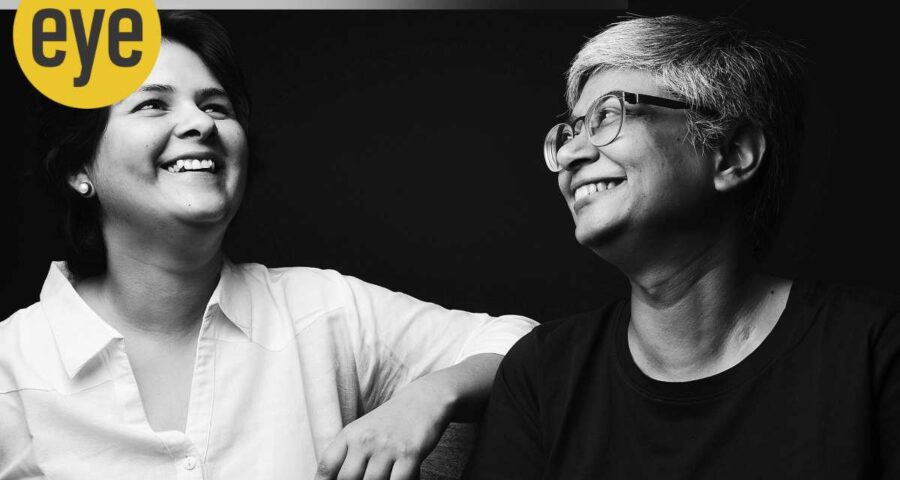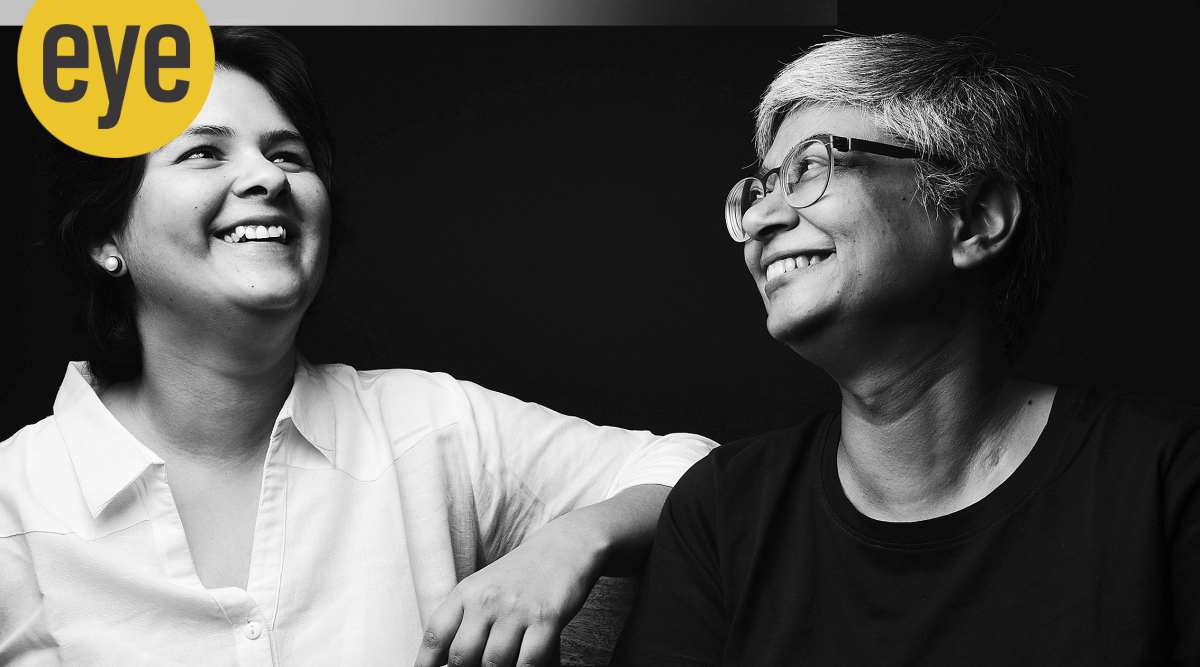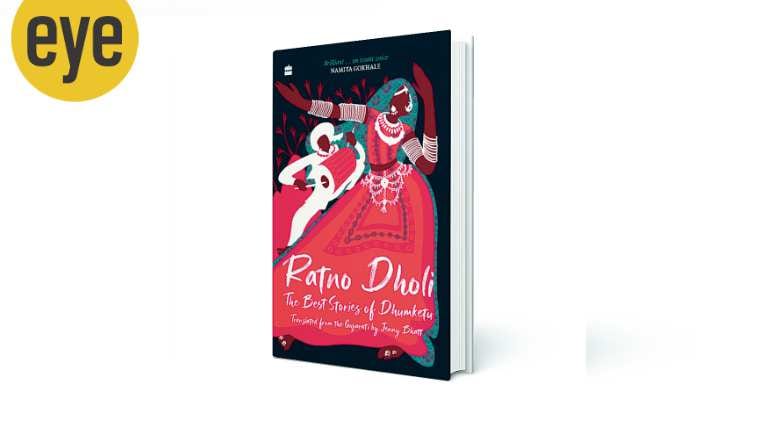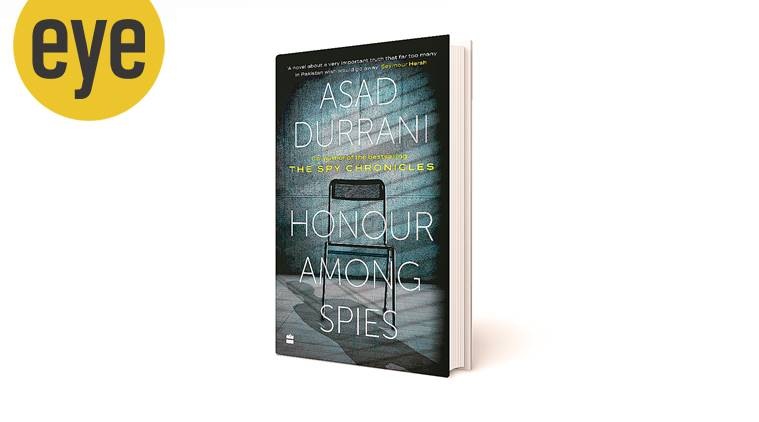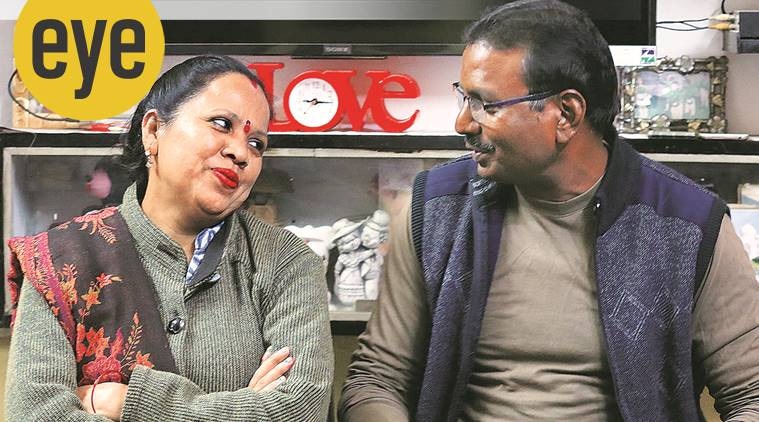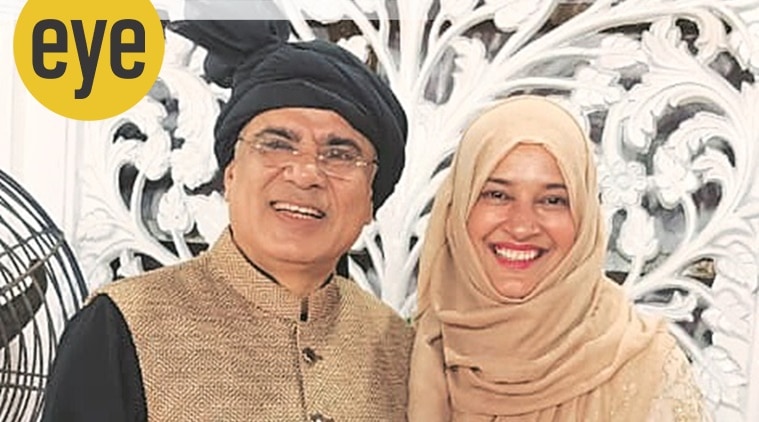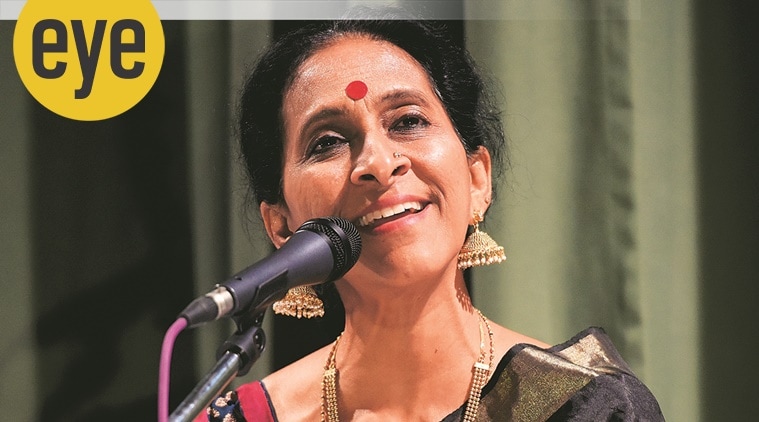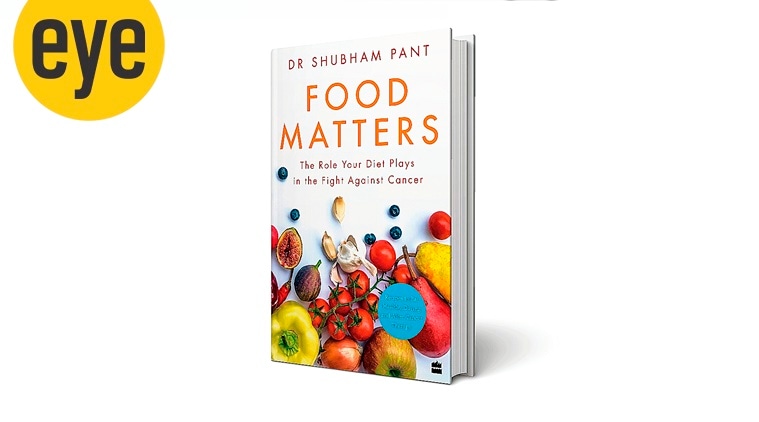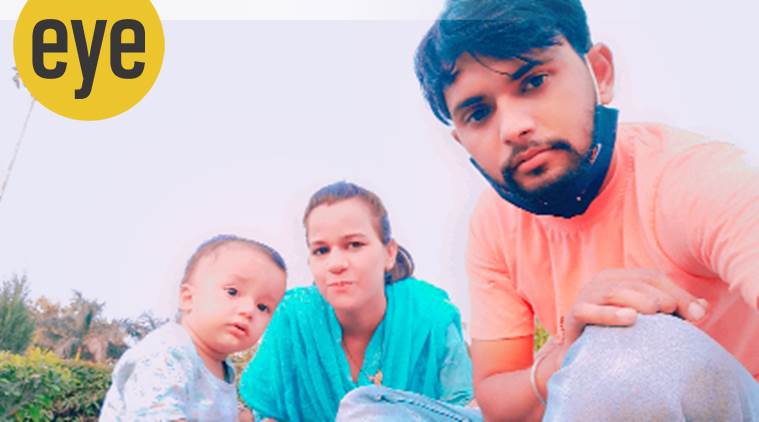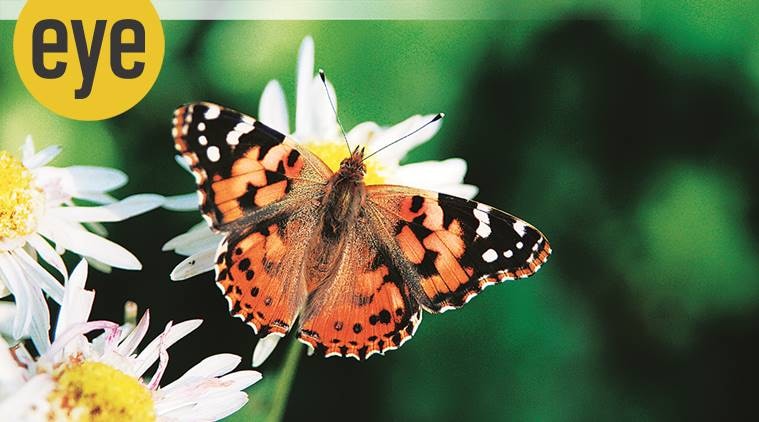Here's your Sunday reading list!
Love and Other Words: A same-sex couple’s fight to getting married, legally
In 2006, when homosexuality was still a crime in India, Kavita Arora, a psychiatrist, and Ankita Khanna, a psychologist, met while working at a mental health centre for children and adolescents in Delhi. Arora, 47, came from a conservative family and had studied about homosexuality only as a concept in class at Delhi’s Lady Hardinge Medical College. When her parents began to look for a match for her, Arora met many men for nearly a decade but “it never felt right”. “As a young person before the internet era, I had never thought of homosexuality as a possibility for myself. I could not allow myself to think that what I was experiencing inside was even real,” she says.
READ MORE
How Dhumketu transformed Gujarati literature with his short stories
The names of many once-popular characters in modern Gujarati literature are now lost. Who would recognise Chunilal Madia’s Abhu Makarani today? He gave up his life to protect the honour of a woman working in a tobacco factory (which Ketan Mehta converted into a chilli-processing house, to a great effect, in his 1987 film Mirch Masala). Then there is Ali Doso, a frail man who slowly walks across the town on an early winter morning for his ritual visit to the post office to ask about any word from his married daughter. He had more universal appeal, so his image continues to linger in the minds of many readers of a certain age. Ali features in Dhumektu’s short story, The Post Office (written in the 1920s), arguably the most anthologised short fiction in Gujarati.
READ MORE
Asad Durrani’s new book is a thinly-fictionalised account of the Pakistani deep state
Anyone who has watched Burn After Reading (2008) knows the last scene by heart. The dark comedy is not the Coen Brothers’ most remembered, but these final minutes have attained cult status because they are so representative of all that power gets away with, right down to the closing of the file. It’s a meeting between the CIA boss and another official lower in the pecking order, as the agency has just tided over a “clusterf***”. “What did we learn, Palmer?” “I don’t know, Sir.” “I don’t f****** know, either. I guess we learnt not to do it again.” “Yes, sir.” “But I’m f***** if I knew what we did.” “Yes, sir, it’s hard to say.” Reading Asad Durrani’s Honour Among Spies is like watching this scene on loop. Durrani retired from the Pakistan Army as a lieutenant-general. In the 1990s, he headed the Inter-Services Intelligence (ISI), a spy agency that India holds responsible for many things – from pumping fake currency into the Indian economy to terrorists in Kashmir and elsewhere in India.
READ MORE
I Found You: Sweeping aside caste and financial disparities to build a life together
In 1996, Santosh Kashyap and Keerti Raikwar met in Kanpur, at a birthday party for her cousin Billu. She had come from Indore to visit her cousins and it was love at first sight for her. She wanted to ask Santosh to marry her, but at the party, he was surrounded by boys and she couldn’t speak to him. Even after she returned home, she could not forget Santosh’s smile. Keerti knew that it would not be easy to marry Santosh — she came from an upper-caste family and Santosh belonged to a backward caste from Uttar Pradesh’s Lakhimpur Kheri and worked as a driver. “Two months after the party, I asked my cousin to discreetly check if Santosh was interested,” Keerti, now 46, sitting in their home in Lucknow’s Keshav Nagar.
READ MORE
It Begins With Us: A romance bloomed in the shadow of the 1992 Bombay riots
It was salaam-e-ishq from Muqaddar ka Sikandar (1978) that sealed the deal for Sana Khan, 48. Thirty years ago, as she performed to that song at her college social, she noticed a young man in the front row of the audience at her all-girls’ Sophia College in Mumbai. She had met the student from Maharashtra College of Arts, Science and Commerce only a few days ago, while she was shopping for Diwali with her family. Smitten by her looks, he had handed her a scrap of paper with his phone number written on it. His name was Idris Khan and here he was, gatecrashing her college social.
READ MORE
When Bombay Jayashri, recently awarded the Padma Shri, was a reluctant musician
Two years ago, on a humid Buddha Purnima evening in Delhi’s Indira Gandhi National Centre for the Arts (IGNCA), as Carnatic classical vocalist Bombay Jayashri Ramnath, seated under a peepal tree, chanted Buddham sharanam gachhami, it began to rain. She invited the audience to join in the guttural prayer. Soaked to the bone, she segued into a Pahari, without a microphone, and concluded with, as is tradition, raga Bhairavi. “It was an instance of how music can be so rewarding,” says 55-year-old Jayashri, who, after a four-decade journey, has been awarded the Padma Shri — one of India’s highest civilian honours. “I feel a lot of gratitude,” she says.
READ MORE
Can food help you fight cancer?
We don’t really need science to tell us that the key to a healthy life is making the right lifestyle choices. Common sense, we would imagine, is enough. So why do we need yet another book that urges us to do so? It’s because, as the author Dr Shubham Pant says, “with the advent of the 24/7 news cycle, ‘clickbait’ headlines are everywhere, but evidence which is dependable and science-based” is a lot harder to find. Then there is the morass of misinformation known as social media. If scientific evidence can’t do much against the onslaught of misleading articles and messages forwarded on WhatsApp, common sense has even less of a chance. He goes on to illustrate his point by recounting the time an acquaintance explained to him, a trained oncologist, why so many Indians are diagnosed with cancer, based on information he had received on WhatsApp. Immediately after illuminating the medical professional, the gentleman lit a cigarette. Pant writes, “The irony was not lost on me.”
READ MORE
Stand By Me: Defying caste diktats in Haryana’s heartland for a life together
At first, it was just an ordinary college romance. Amit (who goes by his first name) and Deepa Gagania, both BCom students at Pandit Neki Ram Sharma Government College in Haryana’s Rohtak, took the same shared auto rickshaw to college. Casual pleasantries led to conversations, conversations to longer meetings after college, and finally an admission of love. “We realised that we were just looking for excuses to spend more time with one another,’ recalls Amit, now 26.
READ MORE
What India can learn from the fight against COVID-19
We have finished more than a year of living through an unprecedented global pandemic. As of February 9, 2021, there had been 106,125,682 confirmed cases of COVID-19, including 2,320,497 deaths, reported to the World Health Organization.
India, of course, has also faced the brunt of the pandemic. While we have been fortunate to see the number of cases and deaths associated with COVID-19 go down over the past few weeks, there are still pockets within the country where the situation remains worrying. Dealing with this public health crisis has also shown us the upsides and downsides of our health system — at various levels.
READ MORE
How nature’s call got a bad rap
There cannot be a more degrading and disgusting reference to Mother Nature — a time-honoured cliché used by the mass media — than to refer to someone who’s gone to the toilet (or “twilet”, as some say). Invariably, news report mention: so-and-so had gone to “answer nature’s call” when, say, the leopard attacked him/her or criminals beat him up.
READ MORE
Source: Read Full Article
